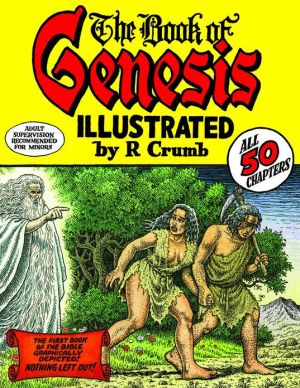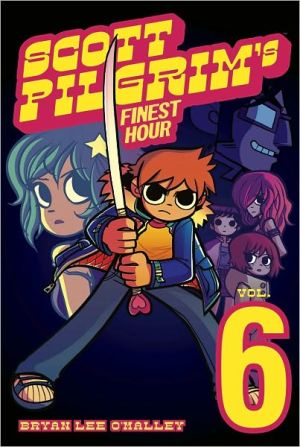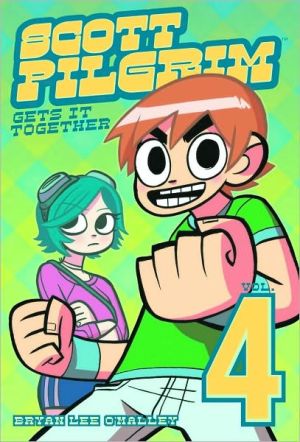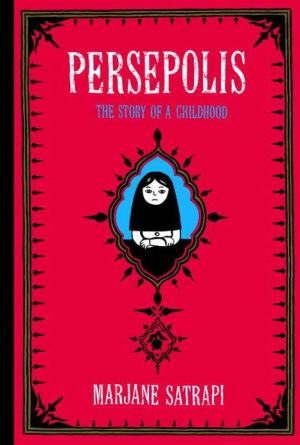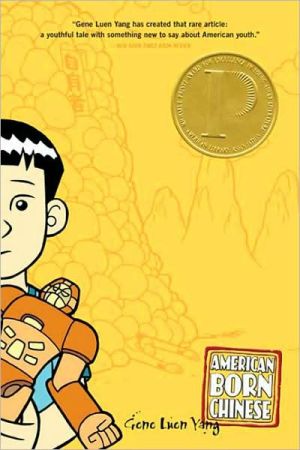The Book of Genesis Illustrated by R. Crumb
Envisioning the first book of the bible like no one before him, R. Crumb, the legendary illustrator, reveals here the story of Genesis in a profoundly honest and deeply moving way. Originally thinking that we would do a take off of Adam and Eve, Crumb became so fascinated by the Bible’s language, “a text so great and so strange that it lends itself readily to graphic depictions,” that he decided instead to do a literal interpretation using the text word for word in a version primarily...
Search in google:
Nominated for three 2010 Will Eisner Comic Industry Awards: From Creation to the death of Joseph, here are all 50 chapters of the Book of Genesis, revealingly illustrated as never before.The New York Times - David HajduThe prospect of Crumb's doing the Bible might seem at first a stunt, an all-too-obvious mash-up of the most sacred and the most profane…Crumb's book is serious and, for Crumb, restrained. He resists the temptation to go all-out Crumb on us and exaggerate the sordidness, the primitivism and the outright strangeness (by contemporary standards) of parts of the text…Crumb luxuriates in the carnality of Genesis without playing it for gratuitous shock or comic effect.
\ From Barnes & NobleAlmost everything about R. Crumb is surprising, but nothing has been more astonishing than the subject of his graphic novel. Only the most astute Crumb watcher could have anticipated that the author of The Big Yum Yum Book and Keep on Truckin' would turn to the Old Testament for inspiration. The Book of Genesis Illustrated by R. Crumb is, however, no novelty; during this four-year project, this veteran subversive artist rooted himself in the primal tensions and jostling of the biblical text. Crumb's Genesis slaps away theological discussions and creationist feuds to tackle the archetypal stories at its core. Strangely enough, this could be his major work.\ \ \ \ \ David HajduThe prospect of Crumb's doing the Bible might seem at first a stunt, an all-too-obvious mash-up of the most sacred and the most profane…Crumb's book is serious and, for Crumb, restrained. He resists the temptation to go all-out Crumb on us and exaggerate the sordidness, the primitivism and the outright strangeness (by contemporary standards) of parts of the text…Crumb luxuriates in the carnality of Genesis without playing it for gratuitous shock or comic effect.\ —The New York Times\ \ \ Publishers WeeklyFar removed from the satirical reimagining some might expect from the father of underground comix, Crumb's long-awaited take on the first book of the Bible presents the artist's own sensitive, visually intense reflections. Where most visual adaptations edit down their prose sources, Crumb has, strikingly, included every word of the Book of Genesis within his first major book-length work. His humanistic visual response to this religious text imbues even briefly mentioned biblical characters with unique faces and attitudes, and his renderings of the book's more storied personalities draw out momentous emotions inspired by the book's inherent drama. Throughout, Genesis is a virtual portfolio of Crumb's career-long effort to instill fluid cartoon drawing with carefully rendered lifelike detail. Some might miss Crumb's full stylistic and tonal range, but the source's narrative sweep includes moments of sex and scandal that recall the artist's more notorious comics. Indeed, this monumental visual adaptation's basic strategy may subvert simply by demanding a reconsideration of its source, one that continues to motivate the complex cultural struggles that have, for decades, preoccupied this master cartoonist's landmark work. (Oct.)\\\ \ \ \ \ Library JournalThis is the Bible that distressed 19th-century English philanthropist and man of letters Thomas Bowdler: not stories for sweet-faced kiddies, but sex and blood. Every verse in Genesis is here, unabridged, and treated—as Crumb puts it—to a straight illustration job. They're a conniving and licentious crew, these folk, and the Almighty had His hands full in weeding out the best of the lot as Future Fathers of the Covenant. It's all about seed and sons, and while the men squabble over flocks and wives and land, the women squabble over progeny and baby-daddies. Crumb folded in a good bit of domestic life as well as battles and blessings, working from the King James Version, Robert Alters's recent translation of the Five Books of Moses, museum collections in England and Europe, and swords-and-sandals epics. Zondervan's manga Genesis, pitched to children, is heavily expurgated, but Crumb's is the real deal and deserves its "adult supervision recommended for minors" label. VERDICT We could not expect less from the patriarch of underground comix—themselves notorious for sex and violence and deals gone sour. Indeed, Crumb's muscular, detailed black-and-white seems ideally suited to Old Testament scuffles and seaminess. Recommended for adult collections, especially in academic libraries.—M.C.\\\ \ \ \ \ Kirkus ReviewsThe Book of Genesis as imagined by a veteran voice of underground comics. R. Crumb's pass at the opening chapters of the Bible isn't nearly the act of heresy the comic artist's reputation might suggest. In fact, the creator of Fritz the Cat and Mr. Natural is fastidiously respectful. Crumb took pains to preserve every word of Genesis-drawing from numerous source texts, but mainly Robert Alter's translation, The Five Books of Moses (2004)-and he clearly did his homework on the clothing, shelter and landscapes that surrounded Noah, Abraham and Isaac. This dedication to faithful representation makes the book, as Crumb writes in his introduction, a "straight illustration job, with no intention to ridicule or make visual jokes." But his efforts are in their own way irreverent, and Crumb feels no particular need to deify even the most divine characters. God Himself is not much taller than Adam and Eve, and instead of omnisciently imparting orders and judgment He stands beside them in Eden, speaking to them directly. Jacob wrestles not with an angel, as is so often depicted in paintings, but with a man who looks not much different from himself. The women are uniformly Crumbian, voluptuous Earth goddesses who are both sexualized and strong-willed. (The endnotes offer a close study of the kinds of power women wielded in Genesis.) The downside of fitting all the text in is that many pages are packed tight with small panels, and too rarely-as with the destruction of Sodom and Gomorrah-does Crumb expand his lens and treat signature events dramatically. Even the Flood is fairly restrained, though the exodus of the animals from the Ark is beautifully detailed. The author's respect for Genesis isadmirable, but it may leave readers wishing he had taken a few more chances with his interpretation, as when he draws the serpent in the Garden of Eden as a provocative half-man/half-lizard. On the whole, though, the book is largely a tribute to Crumb's immense talents as a draftsman and stubborn adherence to the script. An erudite and artful, though frustratingly restrained, look at Old Testament stories. Author events in New York, Richmond, Va., Los Angeles, San Francisco, Austin\\\ \
